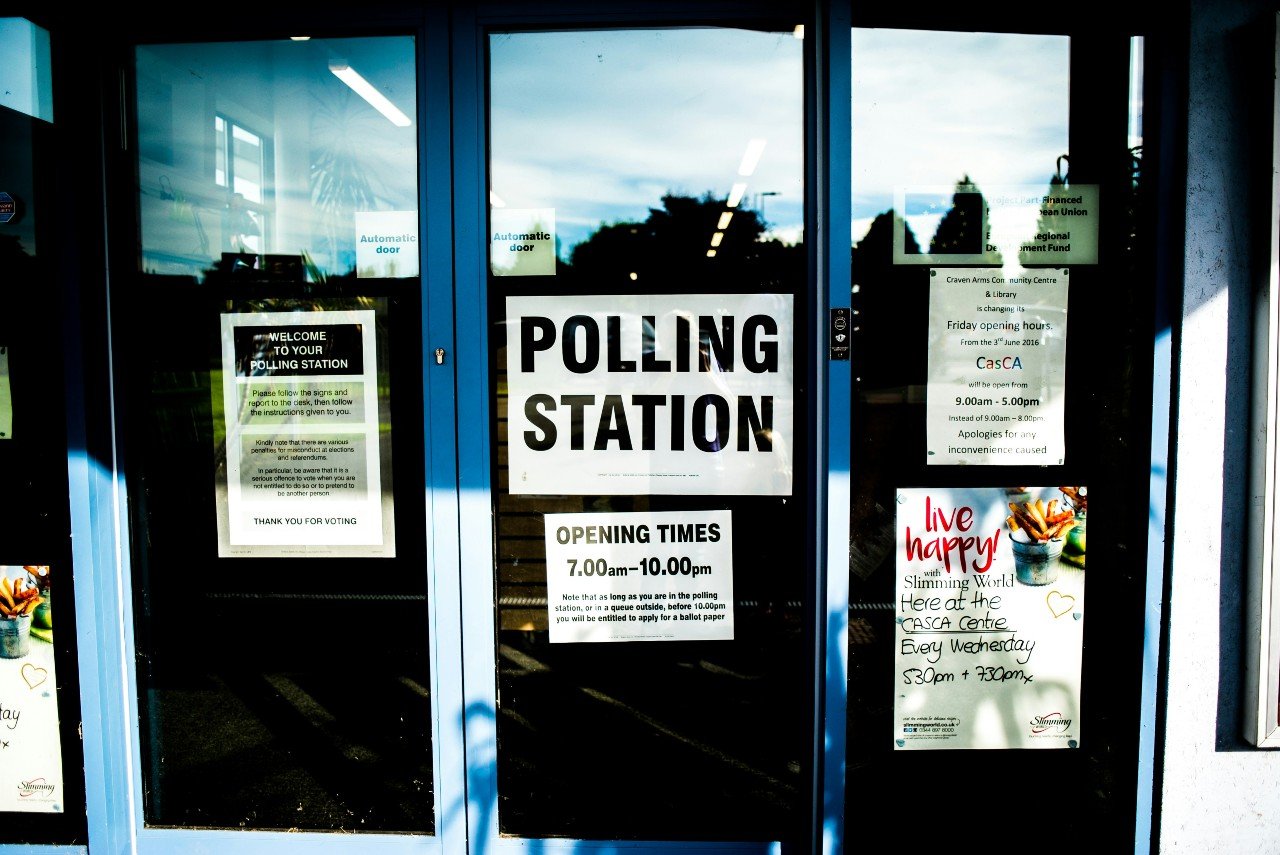Anyone who has tried to do anything official in Spain will be well aware of the dreaded cita previa system, whereby they must first make an appointment.
For foreign residents, this is not a simple task. It’s not just a question of simply making an appointment as more often than not, there aren’t any available.
And it’s not like you can just log-on a day later and find more. Many people spend weeks or even months trying to make these appointments, so they can carry out mandatory bureaucratic procedures.
These appointments are needed for everything from applying for or renewing your TIE if you’re non-EU to getting your EU green residency card. They’re needed again when going in for fingerprinting or even just trying to pick up your card once it’s ready.
Earlier this week, the British Embassy in Madrid stressed that it’s “really important” that the 200,000+ UK nationals in Spain with a green residency certificate exchange it for a TIE card “as soon as possible” to avoid issues with the EU’s new Entry-Exit System.
READ ALSO – ‘Get the TIE now’: Brits in Spain urged to exchange residency document
The problem is that the exchange has never been made compulsory, only strongly encouraged and around half of British residents in Spain still haven’t gotten their TIE after Brexit.
In reaction to the announcement by the British Embassy, numerous British residents in Spain commented how hard it is get an appointment at their local police station or extranjería (foreign affairs) office.
Could the difficulty in getting an appointment be one of the reasons to blame for this?
So why are these cita previas so coveted and why are they so difficult to get?
Unfortunately, it’s not just a question of simple Spanish bureaucracy. There’s something slightly more sinister going on here. The fact of the matter is that if you go to certain relocation companies, firms and agencies they can get you an appointment straightaway – if you pay for it.
A year ago in May 2023, Spain arrested 69 people for blocking appointments at immigration offices. They were accused of booking up all the available appointments via a computer bot to later sell to foreigners to make a profit, despite the fact that this process should be free.
Arrests were carried out in Madrid, Albacete, Alicante, Almería, Badajoz, Barcelona, Vizcaya, Burgos, Cádiz, Córdoba, the Balearic Islands, Marbella, Murcia, Tarragona, Tenerife, Toledo and Valencia, which gives us an idea of how widespread the illegal practice is.
Although Spanish police managed to dismantle this particular ring of criminals, it did not solve the problem.
Just seven months later in December 2023, ONG Movimiento Por la Paz (MPDL) confirmed to Levante news in Valencia that the ministry’s network had been hacked for two years and that it was unfair to foreigners who were being discriminated against because of it.
They also claimed that the police and foreign ministry knew about the problem and still let it happen.
Vincente Marín, CEO and lawyer for Parainmigrantes website aimed at foreign residents and those wanting Spanish nationality, confirmed this in a video he posted on the site.
He explained that bots hack into the system and that whenever appointments become available, they can book them up in seconds and then sell them on the black market for between €100 and €200, admitting it was a big problem for his firm too.

Fast forward to February 2024 and a group of lawyers and gestores from Castellón and Valencia denounced the system, saying that it was “controlled by criminal mafias”. They also cited the problem of bots hacking the system and complained that some of their clients still hadn’t been able to get appointments in five or six months.
In May of this year, the issue is still ongoing. Balearic news site Ultima Hora reported several readers who had been trying to get appointments for months in Mallorca and had been unsuccessful.
One has to get an appointment before her residency card runs out in June and was even considering paying an agency who were asking for €200 to help her get one.
Wherever there’s a sizable population of foreigners, from Barcelona to Valencia, the extranjería website has generally been ‘hacked by bots’.
In order to improve the situation more national police have been called in to work at the Immigration Office in Orihuela (Alicante) because of the number of foreigners living in the area. The police there have confirmed that they have allocated more resources for the issuance of documents too, to try and speed up processes.
If you’re trying for an appointment the best option is to aim to not pay for one if you can help it, as you’re only fuelling the problem.
Reputable law firms may still be able to help you get one by dedicating more resources to applying for them manually, but you shouldn’t have to pay over the odds for what should be a free service.
Here are our tips on how to get a cita previa when it seems impossible.






 Please whitelist us to continue reading.
Please whitelist us to continue reading.
Member comments